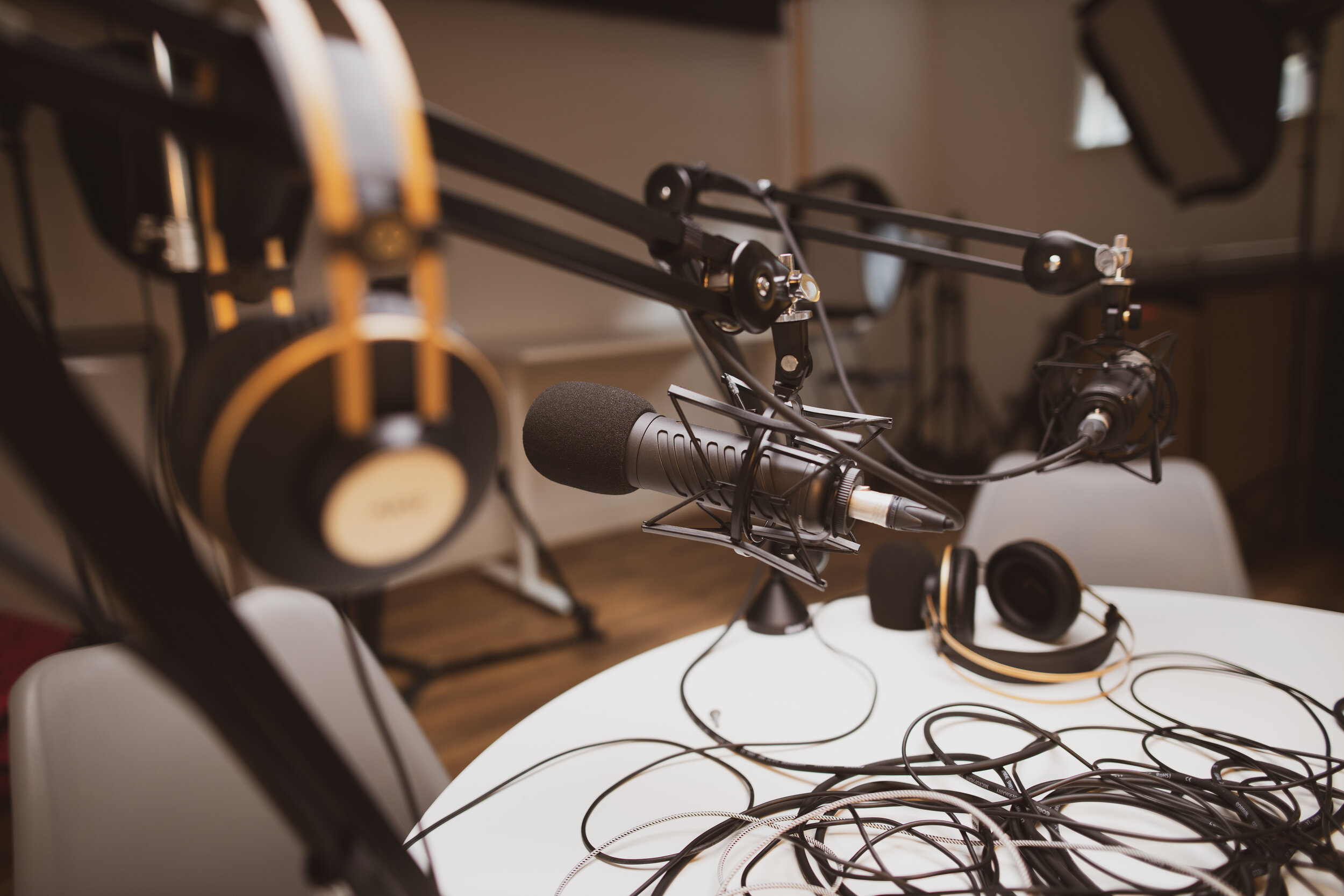The podcasting boom of 2019 is reminiscent of the blogging boom of 2008. But instead of looking at the medium as a passing fad for getting your message out into the universe, I suggest you embrace it and learn everything there is to know about it. And maybe - just maybe - jump in.
It’s estimated that over half of the US population has listened to a podcast, and that number continues to climb. In fact, 32% of the population (ages 12 and over) have listened to a podcast within the last month alone. That’s about 90 million people. In 2018, it was 26%. This is upward trend in listenership shows no sign of slowing down and has significantly changed the way we as a society stay informed and entertain ourselves.
With so many people consuming podcasts every month and every day, it would seem obvious that more and more people are creating podcasts of their own. And sure, probably 99.9% of those podcasts are completely irrelevant to your individual interests. But those 99.9% of new podcasts are not supposed to be relevant to your interests. They are specific to the interest of the audience they are targeting. I’m sure you’re not seeking out information on installing hideaway doors in a tiny house, but there is most likely a very engaged and sizable audience interested in tiny house construction.
The question is now for podcasts what it was in 2008 for blogs. Should you start a podcast for your business or personal brand? If you’re looking to make money in the short term, no. If you’re looking for a way to create and build a vast content library, yes.
Beyond earbuds
The transcript of your podcast can be extracted, piece by piece, thought by thought, insight by insight to create blog posts, articles, or social posts. For some people, speaking off the cuff is way more natural and articulate than trying to form their thoughts into paragraphs on a screen. If you’re one of those people, recording your conversations can open up a world of content opportunities.
In fact, give consideration to recording video versions of your podcasts - just sitting at your desk with your microphone and guests - and uploading to YouTube. Like Spotify and Pandora, YouTube is a huge music listening platform. And Spotify and Pandora are also killing it in the podcasting arena. Publishing a video of your podcast to YouTube and these other cross-platform apps is just another way to reach an audience where they are in a format they are accustomed to consuming.
patience and tenacity
Podcasting, like blogging, is not about seeing financial benefit right away. It’s about reaching an audience with a topic they care about, and providing that information as a service for “free.” But with podcasting, there comes significant expense including equipment and the time it takes to prepare, edit, use a hosting service, etc. You have to weigh what your time is worth vs the value you may (or may not) see in return. And you probably won’t get a lot of value in return right away. It can take months or even years for your audience to find you.
If you decide you want to start podcasting, there are countless articles about what equipment you need - everything from microphone setup, mixers, using Apple Garage Band or Adobe Audacity, to hosting services and getting approved on Apple Podcasts and Spotify. Do your research on the logistical side, but don’t forget to go all-in on your topic. Try to be as specific as possible but leave room to speak broadly on subjects around the main topic. And look for SMEs in your community to invite on your show - you can leverage their experience and expertise to help promote your podcast, and you’ll get the amazing opportunity to sit with people you admire and learn about what makes them tick.
Are you already a podcasting pro? Leave a link to your show in the comments so others can discover it. And if you have any more tips for beginners, let us know as well.




